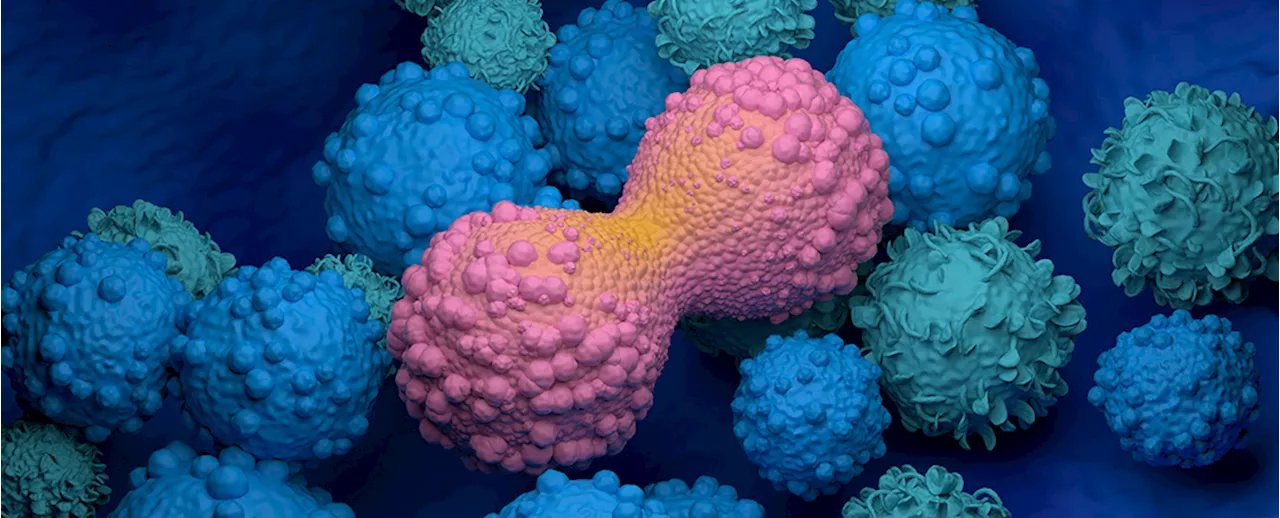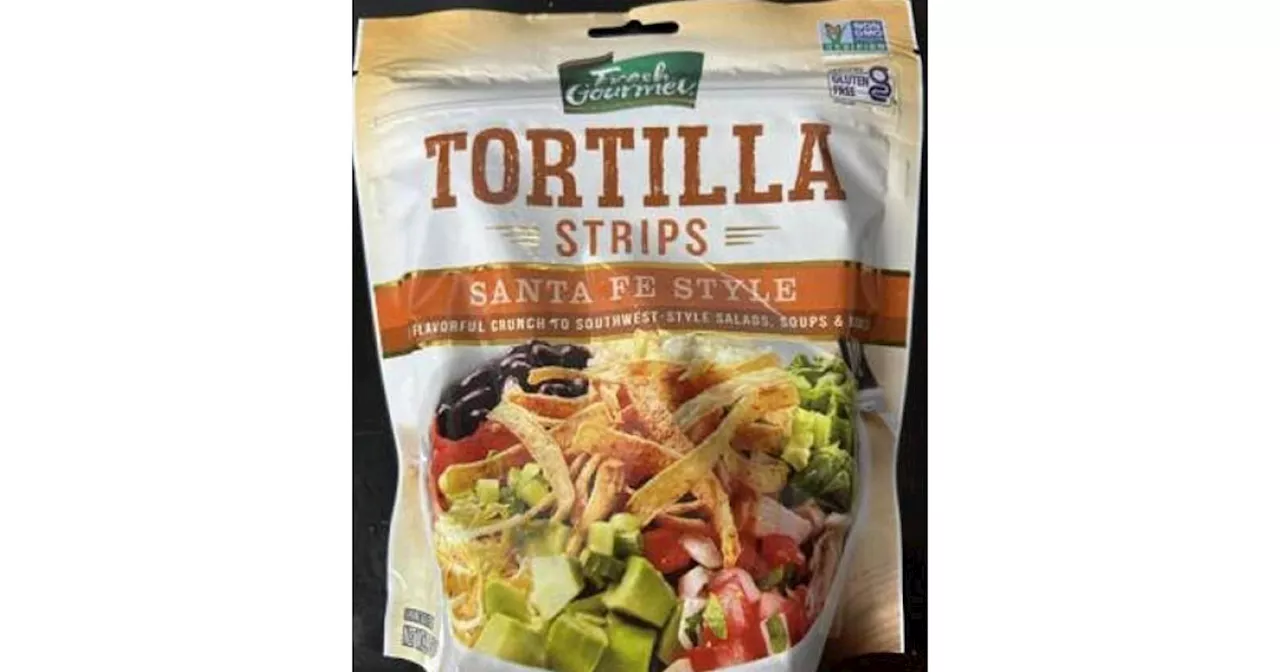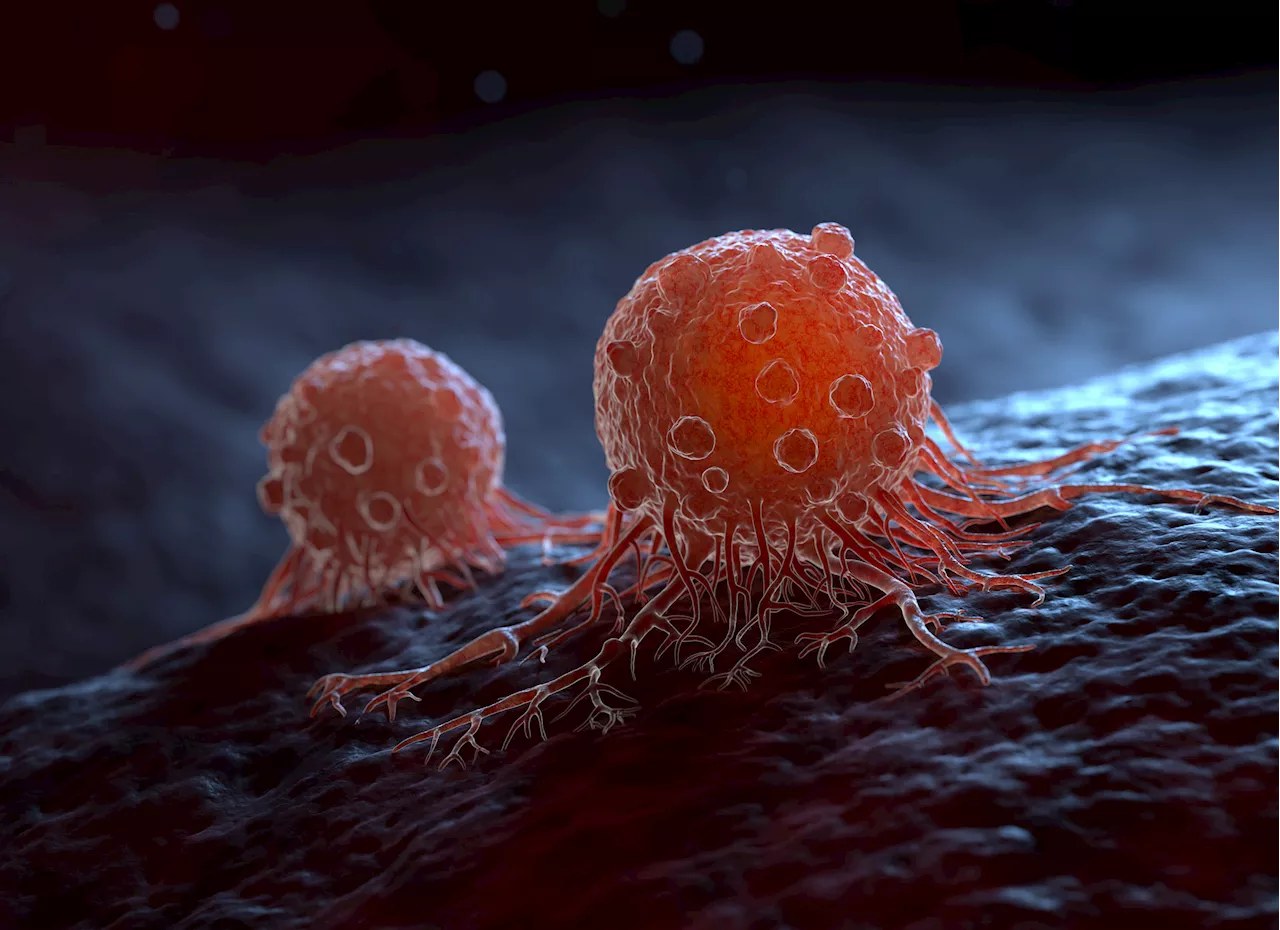A new study challenges the current understanding of cancer detection by finding aneuploid cells, traditionally used as cancer markers, in the breast tissue of healthy women.
While doctors have become better at detecting cancer in its early stages, thanks to specific cancer markers, a new study challenges this understanding. Aneuploid cells, commonly used to identify invasive breast cancer , have an abnormal number of chromosomes, believed to aid cancer spread and immune evasion. However, a study from the University of Texas and Baylor College of Medicine found these cells in breast tissue samples of 49 healthy women, published in the journal Nature.
This discovery raises concerns as it suggests aneuploid cells might not be exclusive to cancer and could lead to the need for alternative early detection methods. The researchers emphasize that these findings don't imply everyone has precancerous cells but highlight the need for further research to understand the development of cancer and its initiation in individuals. This approach could potentially reveal these markers in other body parts, paving the way for new cancer treatment options
BREAST CANCER CELL BIOLOGY DIAGNOSIS RESEARCH CANCER DETECTION
United States Latest News, United States Headlines
Similar News:You can also read news stories similar to this one that we have collected from other news sources.
 Mysterious Finding Shows Healthy Tissue Can Resemble Invasive CancerThe Best in Science News and Amazing Breakthroughs
Mysterious Finding Shows Healthy Tissue Can Resemble Invasive CancerThe Best in Science News and Amazing Breakthroughs
Read more »
 Packages of tortilla strips may actually contain crispy onion strips and pose an allergy riskRooted in fact-based, transparent reporting, Newsy is an award-winning opinion-free network owned by the E.W. Scripps Company that is relentlessly focused on “the why” of every story and seeks to enable a more intimate and immersive understanding of the issues that matter.
Packages of tortilla strips may actually contain crispy onion strips and pose an allergy riskRooted in fact-based, transparent reporting, Newsy is an award-winning opinion-free network owned by the E.W. Scripps Company that is relentlessly focused on “the why” of every story and seeks to enable a more intimate and immersive understanding of the issues that matter.
Read more »
![]() Wearable Fitness Trackers May Contain Harmful Forever ChemicalsNew research reveals that wearable fitness trackers, despite their numerous health benefits, may be exposing users to harmful levels of 'forever chemicals' known as PFAS. These chemicals are known to persist in the environment and the human body, and studies suggest potential links to various health problems.
Wearable Fitness Trackers May Contain Harmful Forever ChemicalsNew research reveals that wearable fitness trackers, despite their numerous health benefits, may be exposing users to harmful levels of 'forever chemicals' known as PFAS. These chemicals are known to persist in the environment and the human body, and studies suggest potential links to various health problems.
Read more »
 How 'Make America Healthy Again' May Have Found Its MomentWithin days of Donald Trump’s election victory, healthcare entrepreneur Calley Means turned to social media to crowdsource advice.
How 'Make America Healthy Again' May Have Found Its MomentWithin days of Donald Trump’s election victory, healthcare entrepreneur Calley Means turned to social media to crowdsource advice.
Read more »
 DC Fish Tissue Study Highlights PFAS Contamination, Advises Reduced ConsumptionA recent study by the Department of Energy and Environment (DOEE) in Washington, DC, reveals that fish caught in the Potomac and Anacostia Rivers contain concerning levels of PFAS, also known as 'forever chemicals.' The study, which analyzed various fish species for a range of contaminants including PFAS, PCBs, and metals, suggests reducing fish consumption from these waterways. While final guidance from the US EPA on interpreting PFAS concentrations is pending, the preliminary findings underscore potential health risks associated with long-term exposure to PFAS.
DC Fish Tissue Study Highlights PFAS Contamination, Advises Reduced ConsumptionA recent study by the Department of Energy and Environment (DOEE) in Washington, DC, reveals that fish caught in the Potomac and Anacostia Rivers contain concerning levels of PFAS, also known as 'forever chemicals.' The study, which analyzed various fish species for a range of contaminants including PFAS, PCBs, and metals, suggests reducing fish consumption from these waterways. While final guidance from the US EPA on interpreting PFAS concentrations is pending, the preliminary findings underscore potential health risks associated with long-term exposure to PFAS.
Read more »
 Novel Bioprinting Technique Creates Complex Tissue 10 Times FasterResearchers from Penn State have developed a new bioprinting technique using spheroids, clusters of cells, to create complex tissue. This method improves the precision and scalability of tissue fabrication, producing tissue ten times faster than existing methods.
Novel Bioprinting Technique Creates Complex Tissue 10 Times FasterResearchers from Penn State have developed a new bioprinting technique using spheroids, clusters of cells, to create complex tissue. This method improves the precision and scalability of tissue fabrication, producing tissue ten times faster than existing methods.
Read more »
